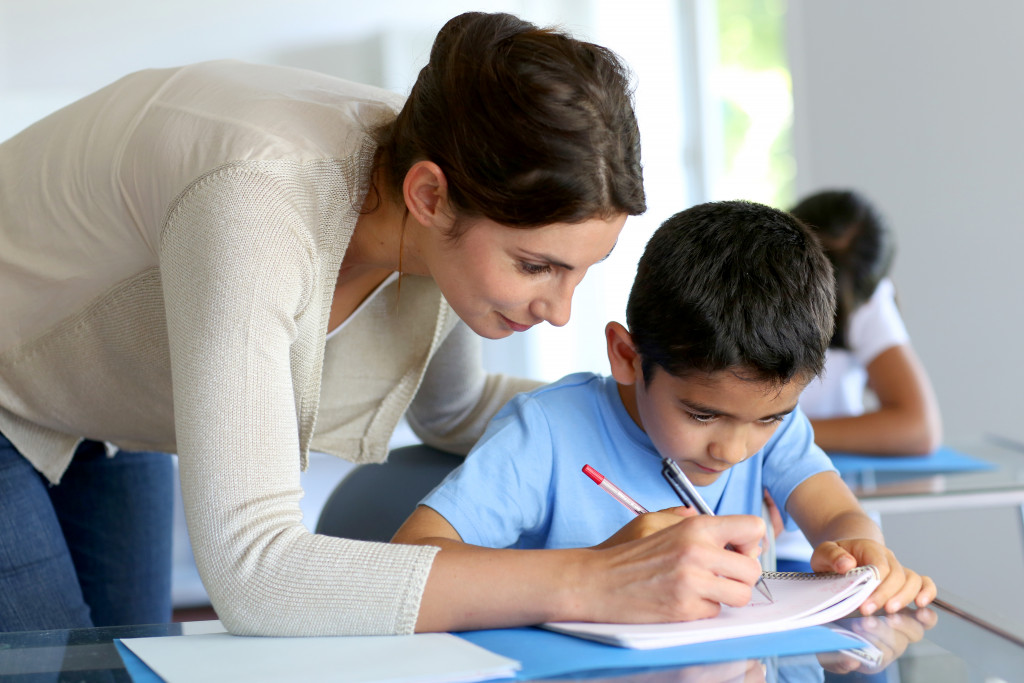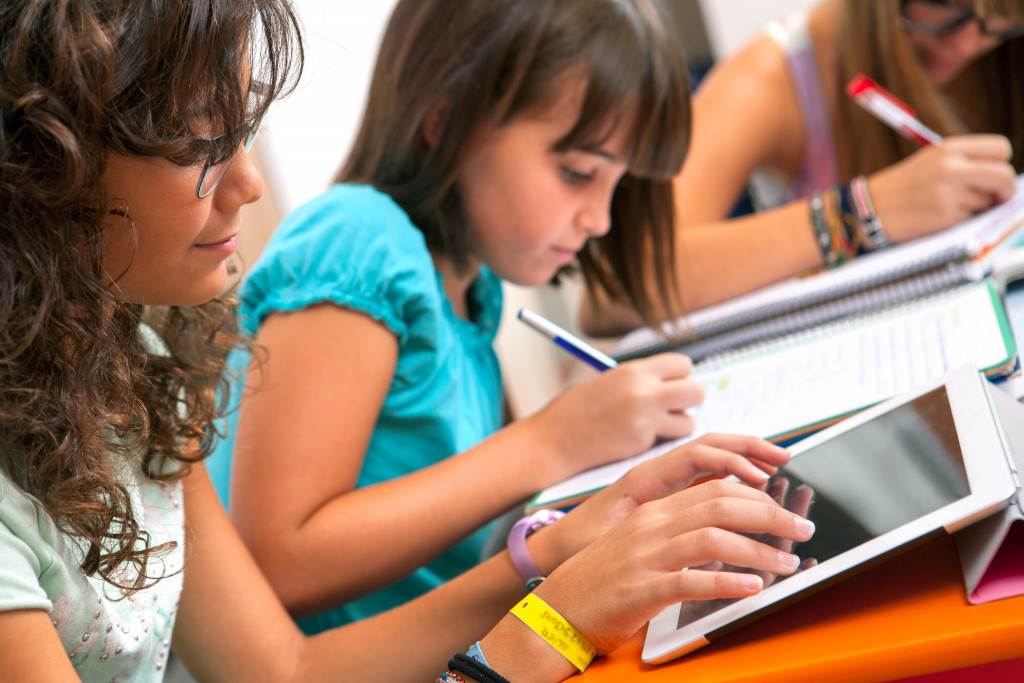- Take your kids on trips to different parts of the world or states to experience cultures firsthand.
- Soft play activities such as building blocks and construction sets teach problem-solving skills and spacial awareness.
- Reading and writing help enhance vocabulary, language skills, imagination, and communication abilities.
- Gardening teaches the life cycle of plants, the importance of water and sunlight, and environmental conservation.
- Volunteering is an excellent way to teach children about compassion and empathy for others.
As parents, you always strive to raise your children to be well-rounded individuals. One way of achieving that is by introducing them to various activities that will help them learn about the world and its people. In today’s digital age, where screens are omnipresent, it can be challenging to get your kids interested in anything that doesn’t involve a screen. This article will discuss some of the best activities to help young children learn about the world.
1. Travel and Explore:
There’s no better way to learn about the world than to experience it firsthand. Take your kids on trips to different parts of the world or even different states in your own country. Traveling and exploring different cultures will help your children become more empathetic and understanding of others. Here are some ideas:
a. Visit a local museum or park
Children will be exposed to different cultures and learn about the history of their surroundings. Look for your area’s cultural centers, monuments, and other historic sites.
b. Go on a nature hike
Nature hikes are a great way to observe the world’s beauty while teaching your children about environmental protection and conservation. You can also use this time to educate your kids about the various types of plants and animals that inhabit the planet.
c. Take a road trip
Road trips are a great way to expose your kids to different regions of the world and learn about their distinct cultures. This is also an opportunity for your family to bond as you explore.
d. Visit a foreign country
If you have the means, why not take your kids to a far-off land and show them a different way of life? Visiting a foreign country will open their eyes to different customs and traditions and give them an appreciation for diversity.
2. Soft Play:

Soft play activities for kids, such as building blocks and construction sets, can help children learn about the world in more creative ways. These activities teach kids problem-solving skills and spacial awareness and help them develop their motor skills. Playing with construction sets will also help teach children how to cooperate and work together, an essential skill for living and working in the world.
3. Reading and Writing:

Reading and writing are essential skills for anyone, and it’s never too early to start teaching your children these skills. Reading to your children early can enhance their vocabulary, language skills, and imagination. Encouraging your child to write a diary or journal will allow them to express their thoughts, feelings, and experiences. It also helps to improve their writing and communication skills and aids in developing a better understanding of their own lives.
Pick books appropriate for your child’s age and focus on other cultures, nature, animals, and science. Some books even feature characters from different countries and ethnicities, helping your kids become more aware of the diversity in the world. If your child is old enough, encourage them to write stories and create their own artwork.
4. Gardening:
Gardening is a great way to teach your children about nature, science, and the environment. Gardening can teach them about the life cycle of plants, the importance of water and sunlight, and the importance of caring for the environment. It also encourages responsibility and a sense of accomplishment when they see their plants grow and flourish. When children learn to grow their own food, they get an appreciation of where their food comes from and what it takes to produce it.
5. Volunteering:
Volunteering is an excellent way to teach children about compassion and empathy for others. Volunteering at a local soup kitchen, charity, or shelter can teach your children about different socioeconomic backgrounds and help them understand the importance of giving back to the community. It also helps to build confidence, leadership, and communication skills. Teach your children about different causes, such as world hunger, poverty, and education, by having them volunteer to help those in need.
You must expose your children to different activities and experiences to help them learn about the world and its people. Traveling, soft play activities, reading, writing, gardening, and volunteering are all great ways of doing this. Your children will benefit from a more holistic upbringing that will help them become capable, confident individuals. Remember to be patient and take your time in introducing these activities, as children learn best through play and exploration.

